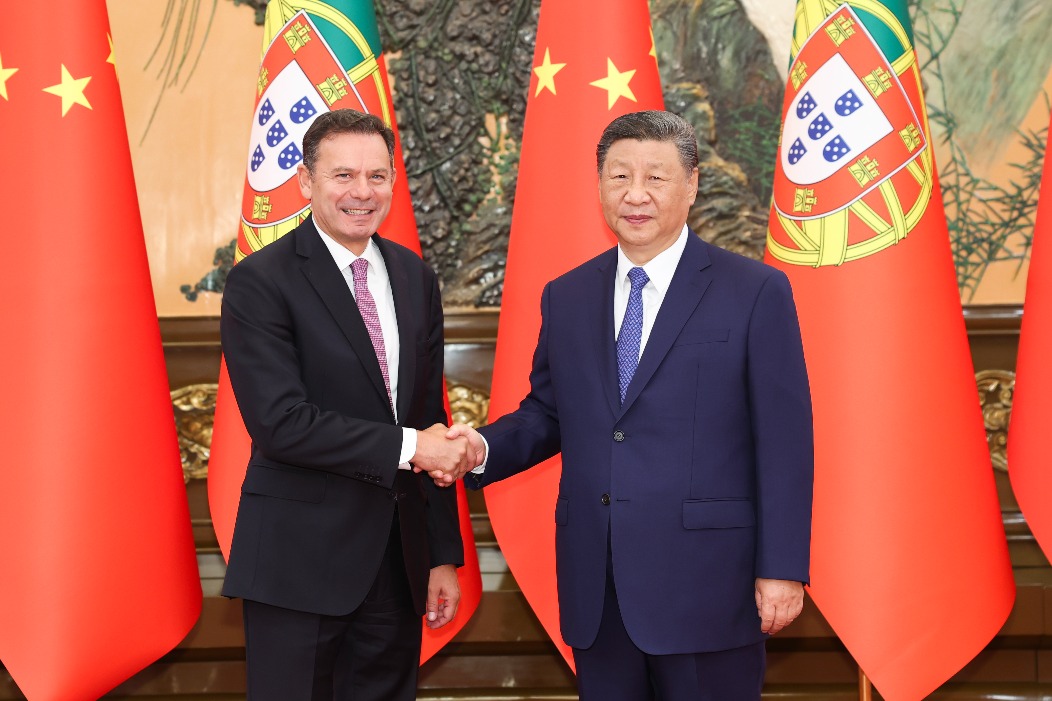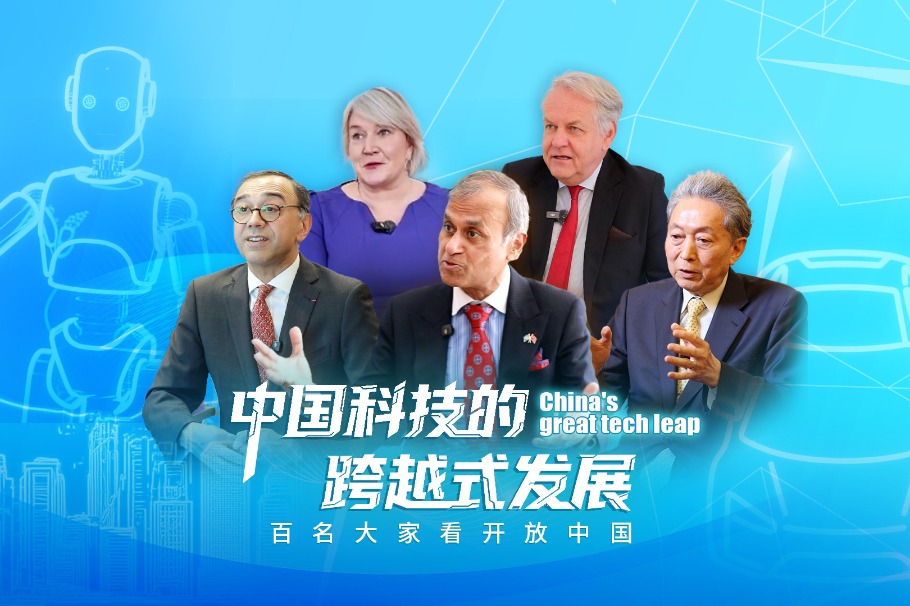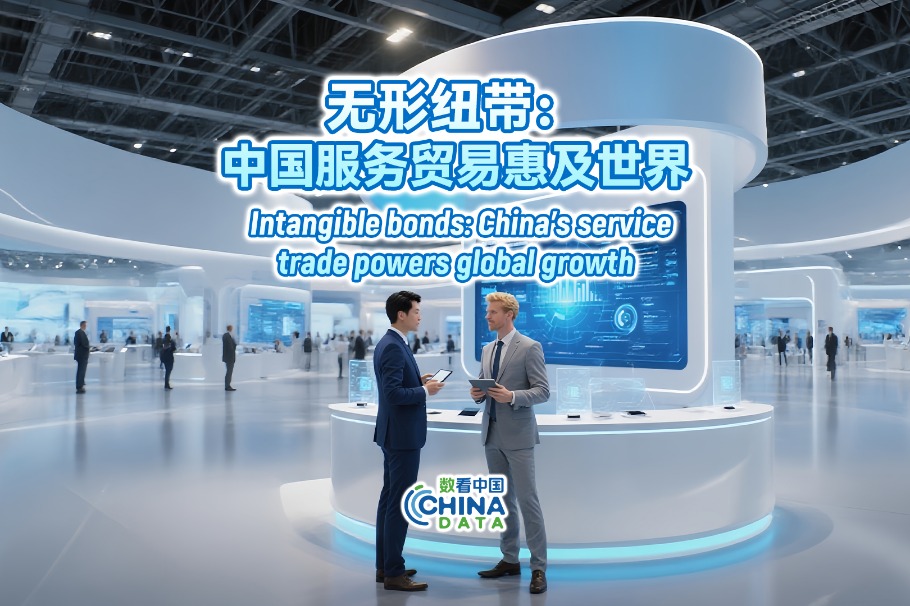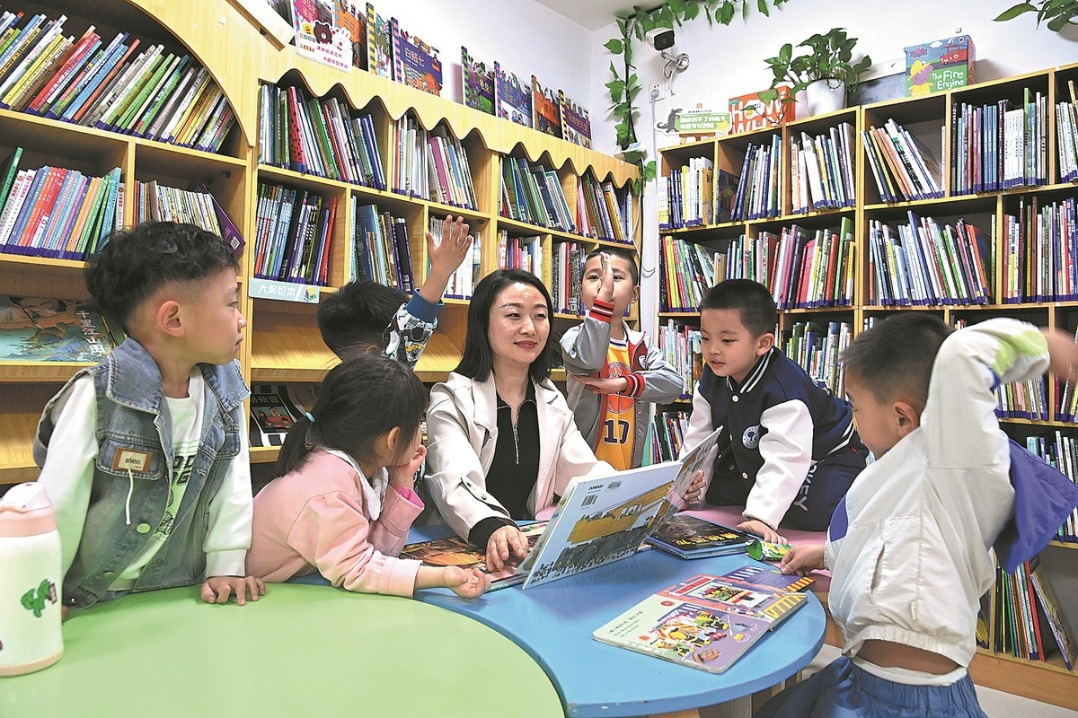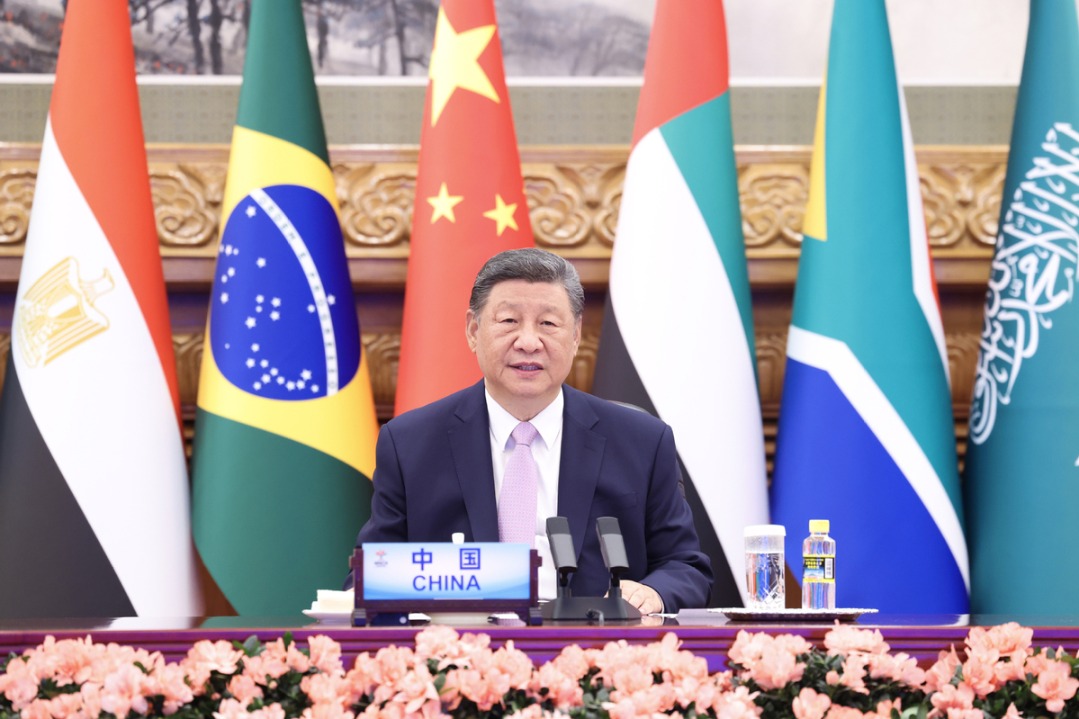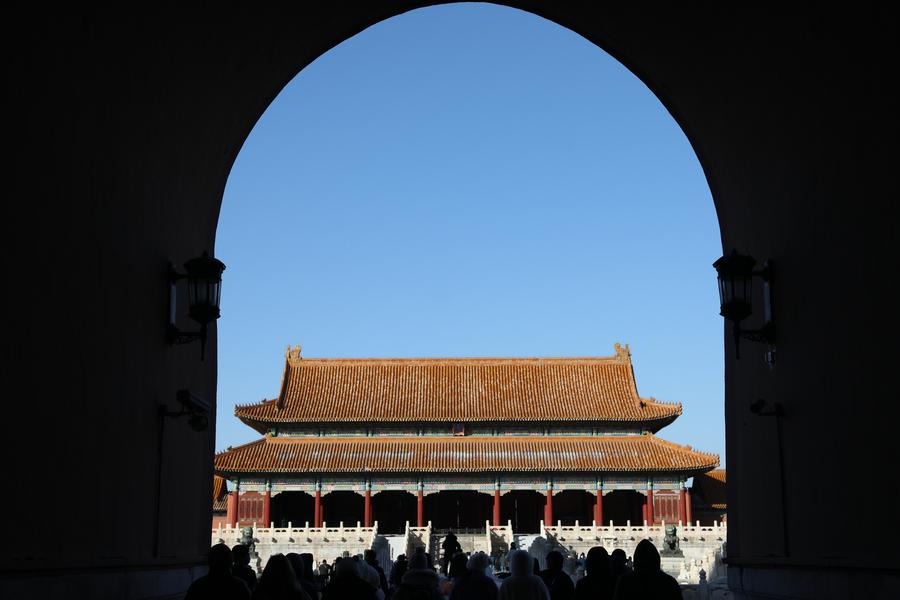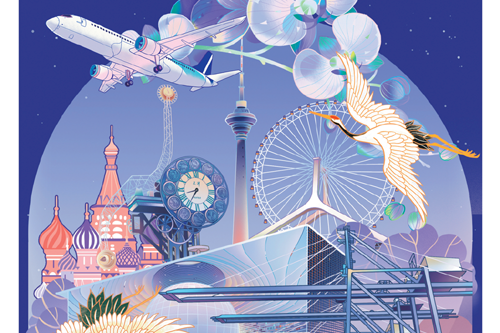From observer to global influencer at MSC


As one of the world's premier security meetings, the Munich Security Conference has long been a major platform for discussions on global security. China has been participating in the forum since 1999. Unlike the Shangri-La Dialogue in Singapore, whose focus is defense, the MSC focuses on both diplomatic and security issues.
China's engagement with the MSC has evolved over the years.
Initially, it was only represented by its foreign minister. The second phase saw Chinese scholars being invited to engage in exchanges at the conference in the hope that they would provide insight into China's domestic and foreign policies, and allow Western policymakers to assess the trajectory of the country's national security. The third phase saw the participation of Chinese entrepreneurs, especially those from the artificial intelligence and digital economy sectors.
More recently, China's think tanks began attending the MSC, marking the fourth phase of China's engagement with the forum. The Center for China and Globalization, for example, has hosted China-focused discussions for five consecutive years on the sidelines of the MSC which were attended by leading Western experts on China. Chinese scholars, too, have begun attending the conference of late.
Fu Ying, former vice-minister of foreign affairs, and Wang Huiyao, CCG president, are now regular participants in the MSC. Additionally, CCG secretary-general Miao Lu has been recognized as a "young leader" by the MSC. China's role in the security of the Asia-Pacific region, including the South China Sea, and other regional issues has become a major topic for discussions, encouraging more Asian countries to engage with the MSC.
This 61st MSC, which concluded recently, saw an unprecedented focus on China, with seven China-themed side events (China Track). These sessions covered a broad range of issues, from China's role in Arctic security and the Baltic region to its national security strategy and transatlantic policy coordination. Notably, the University of Hong Kong's Center on Contemporary China and the World partnered with the RAND Corporation for the first time to host a roundtable on China's domestic and foreign policies.
China's elevated role at the MSC this year was highlighted by two significant developments. First, among the three keynote speakers, Foreign Minister Wang Yi shared the stage with European Commission President Ursula von der Leyen and US Vice-President JD Vance — while other world leaders participated in panel discussions. Second, Wang's speech was scheduled on the opening day, placing China alongside the US and the European Union in the prime slot, which reflected the country's growing global clout. The way the audience listened to Wang's speech showed that many were seeking answers from China on how to tackle global challenges.
The MSC's annual report has also increased its focus on China, often in parallel with the United States. This year's Munich Security Report speculates that the Donald Trump administration's foreign policy could accord priority to the US' competition with China, withdraw security guarantees to the EU, and shift NATO's security burden on the US' European allies, creating a security vacuum in Europe, and particularly affecting Ukraine.
The report warns that a renewed US-China trade war could spill over into the EU. If the US were to impose tariffs on both China and the EU, it would trigger a US-EU trade war, prompt China to increase its exports to the EU, and disrupt core European industries — potentially threatening the survival of the World Trade Organization.
China's growing role at the MSC signifies more than just participation — it reflects the country's increasing influence on the global security landscape, from traditional defense concerns to emerging fields such as artificial intelligence. While the EU has concerns and misconceptions about China, it also has high expectations of China.
This year's MSC was attended by more than 50 heads of state and government, 150 ministers, and key leaders from international organizations, with over 800 participants from 110 countries holding about 350 sessions. As an EU-dominated conference, the MSC remained centered on the Ukraine crisis, with China's presence filling, to some extent, the void left by the absence of Russia which at times is made a scapegoat but remains a subject of nuanced scrutiny.
The conference also highlighted the growing international interest in China's role in global governance, AI regulation and climate action. With Trump focused on pushing ahead his "America first" strategy, the world looks to China for answers on critical issues.
Having attended the MSC three times, I have seen China's transition from an observer to a major participant. Despite the challenge of attending overlapping sessions — some of which, such as transatlantic defense discussions, remain inaccessible to Chinese participants — I appreciate the MSC's ethos of fostering dialogue over grandstanding and ensuring every voice is heard. But I have also seen systemic barriers against China — for example, those carrying a Huawei mobile phone are denied entry to the conference's digital platform.
Among the most frequently asked questions about Beijing at this year's MSC were: When will Beijing take military action against Taiwan? Is the Chinese mainland's development inward-looking, or is it aimed at replacing the US as a global leader? What role can China play in the Ukraine crisis? Will it agree to deploy peacekeeping forces in that country?
These questions underscore a fundamental shift in the EU's attitude toward China: the country is no longer being just scrutinized but also sought after to provide solutions to burning global problems. The evolution of China's role at the MSC — from being a mere participant to giving shape to the agenda — shows its elevation on the world stage and increasing global influence.
Whether in security, AI or economic governance, China's engagement with major economies has become increasingly pivotal. The MSC's special focus on China is not just about concerns or competition; it is also about recognizing China as an indispensable player in shaping the world's future.
The author is vice-president of The Academy of Xi Jinping Thought on Socialism with Chinese Characteristics for a New Era, Renmin University of China, a Jean Monnet Chair, and a nonresident senior fellow of CCG.
The views don't necessarily reflect those of China Daily.
















